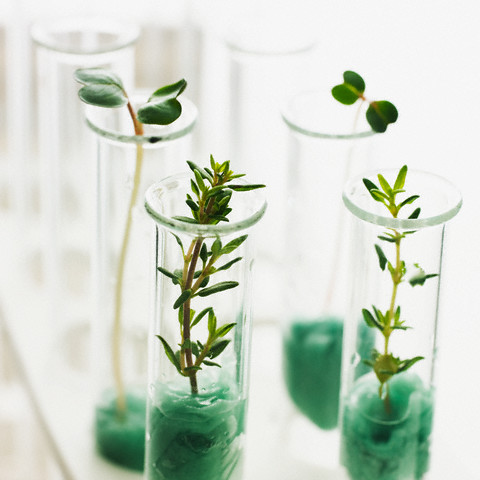International Journal of Pure & Applied Bioscience (IJPAB)
Year : 2018, Volume : 6, Issue : 1
First page : (599) Last page : (610)
Article doi: http://dx.doi.org/10.18782/2320-7051.5619
Evaluation of Different Methods of Inoculations of Bioinoculants With Reference to Paecilomyces lilacinus (Thom) Sams Against Meloidogyne Incognita in Tamato
Anusha* B. G., Shripad Kulkarni and Lingaraju, S.
Dept of Plant Pathology College of agriculture science Dharwad University of Agriculture Science Dharwad
*Corresponding Author E-mail: abgindi@gmail.com
Received: 6.09.2017 | Revised: 14.10.2017 | Accepted: 18.10.2017
ABSTRACT
In vivo studies were conducted by various methods such as seed treatment, seedling dip method and soil application. Seed treatment with P. lilacinus @ 6 g/kg resulted in more than 82 per cent germination. Shoot and root length were increased with enhanced vigour index of 1331.0 after seven days. It also increased root and shoot length by 125 and 51.13 per cent over the control compared to other treatments. Tomato seedling were free from root knot infestation when seedling were dipped in P. lilacinus and Lecanicillium lecaniii at 10 g/lre concentration and reduced 100 per cent RKN index in both the treatments. However, root knot index was 4 in 0-5 scale in control indicating the presence of sufficient inoculums to cause the disease.
Key words: P. lilacinus, Lecanicillium lecaniii, Vegetable, Crop
Full Text : PDF; Journal doi : http://dx.doi.org/10.18782
Cite this article: Anusha, B.G., Kulkarni, S. and Lingaraju, S., Evaluation of different methods of inoculations of bioinoculants with reference to Paecilomyces lilacinus (Thom) sams against meloidogyne incognita in tamato, Int. J. Pure App. Biosci.6(1): 599-610 (2018). doi: http://dx.doi.org/10.18782/2320-7051.5619





